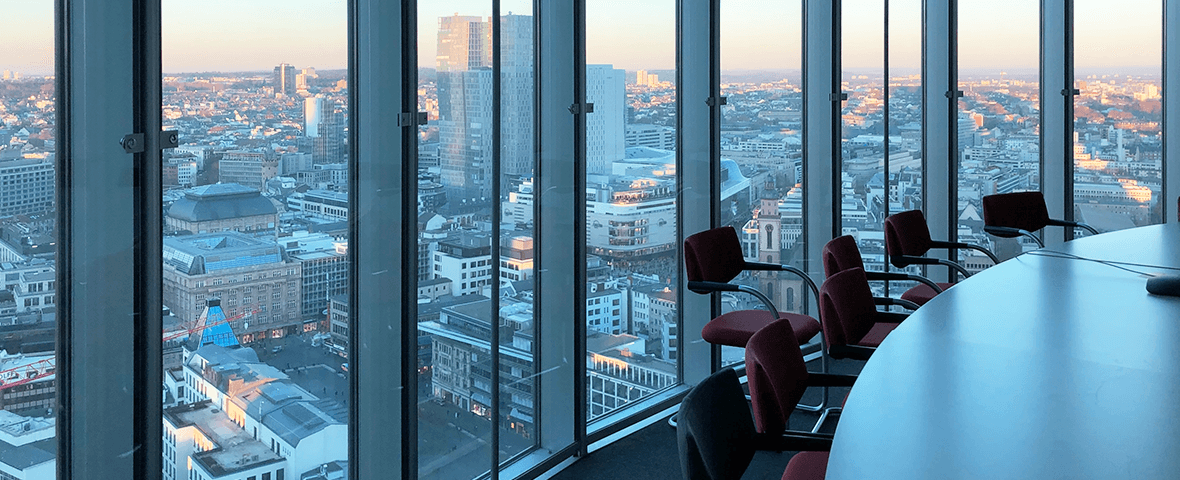The proliferation of remote workers, a consequence of the COVID-19 pandemic, has inspired a ‘reinvention of the workplace.’ Organizations are now taking further responsibility for encouraging their staff to travel to work. Designing an employee-centric workplace, in addition to its efficiency and productivity advantages, ensures that all workers remain motivated, comfortable and accommodated.
This includes neurodiverse individuals. An umbrella term, including disabilities such as autism, ADHD and dyslexia, neurodiversity is also an acknowledgment that the human brain experiences, processes and reacts to things in different ways. The reinvention of office spaces, therefore, provides an opportunity for employers to adapt to the diverse requirements of workers.
These requirements can be met through the flexible nature of space management software.
With capabilities such as space planning and hot desking, it proves to be well suited for hybrid working and the needs of a neurodiverse individual.
The Workplace: A Changing Dynamic
According to Future Form Pulse Survey, taken in February 2023, just 35% of people are in the office five days a week. A large majority of individuals are now not contracted to always be in their place of work. Whilst this can perhaps alleviate time and financial strain on the employee, it also impacts the social bonds that help to connect a workspace.
The survey found that 65% of people favor hybrid work, yet the subsequent decrease in social connection leaves you 70% more likely to burn out. To keep morale high and social ties tight, it is vital to encourage people to want to travel to work.
Neurodiversity in the Workplace
With hybrid working limiting interaction in the workplace, it is especially important to recognize the unique requirements of neurodiverse individuals.
For example, instead of limiting your employees to a traditional desk setup, you can offer them different types of office spaces:
- Communal areas, and the informal interactions within them, are important to maintain social cohesion and offer some relief on a stressful day
- Booking rooms, generally holding large meetings, provide structure to the day and encourage interaction between workers.
- Individualistic rooms, head-down ‘hiding spaces’ provide focus-heavy sanctuaries for private working. This is not only useful for those who struggle to concentrate within a noisy office, but for those who require some respite.
In addition to this, some neurodiverse individuals can struggle with sensory overloads such as bright lights or overbearing noise. Strategic space planning, as provided by the QFM Space offering, can accurately forecast space utilization and ensure that rooms are suitably allocated to these individuals.
Hot Desking can reallocate employees in real time and ensure they are placed in an area they feel comfortable in. For example, a person with ADHD who is struggling to concentrate can book themselves into a quieter part of the office. In order to bear the fruits of your labor, your environment has to be all-encompassing and accommodate any individual that might work for your company.
Providing this workplace creates a motivated and satisfied workforce, boosting productivity and ensuring travel to work remains a viable option.
For more information about how QFM Space, Service Works Global’s space management software can help reinvent the workplace at your organization, contact us for a chat or a demonstration. Keep up to date on the latest industry and technology developments: sign up to receive SWG’s blog delivered straight to your inbox:
 Canada
Canada




